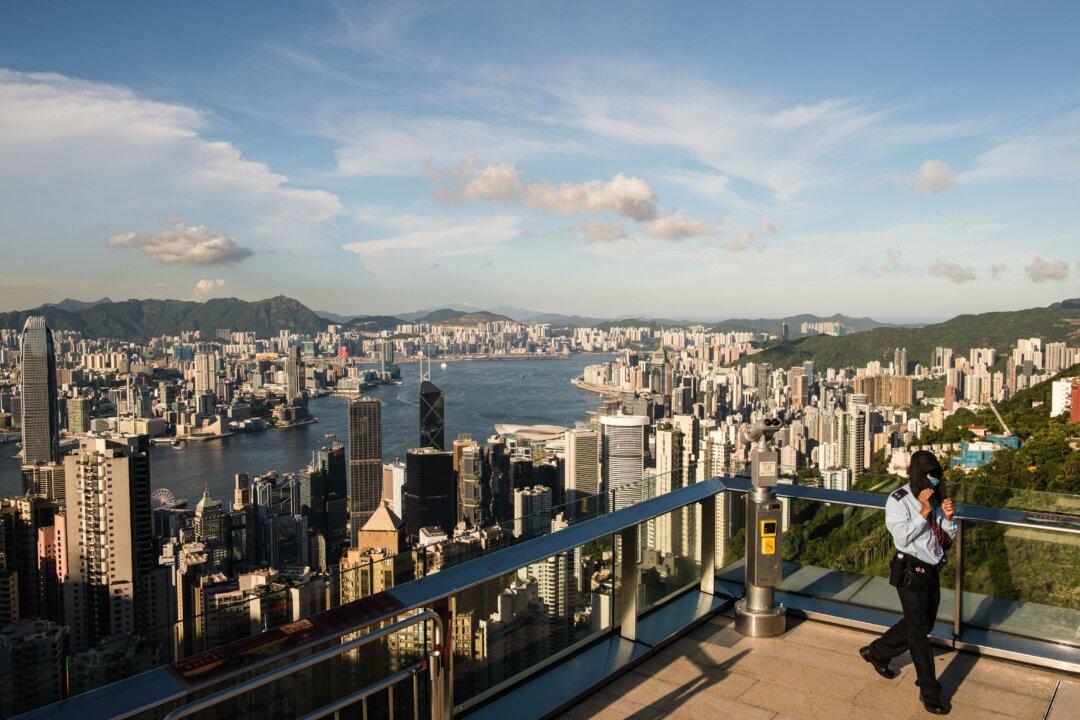Commentary
Pro-Beijing media outlets broke the news late on July 28 of another bombshell ruling on Hong Kong that was handed down from China’s central authorities in Beijing.

Pro-Beijing media outlets broke the news late on July 28 of another bombshell ruling on Hong Kong that was handed down from China’s central authorities in Beijing.